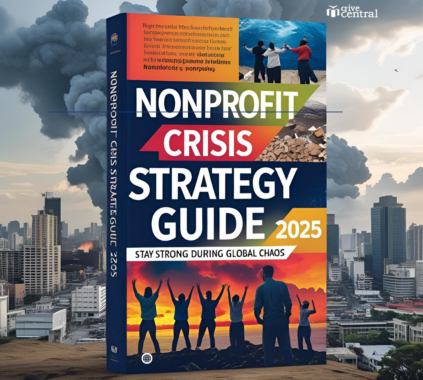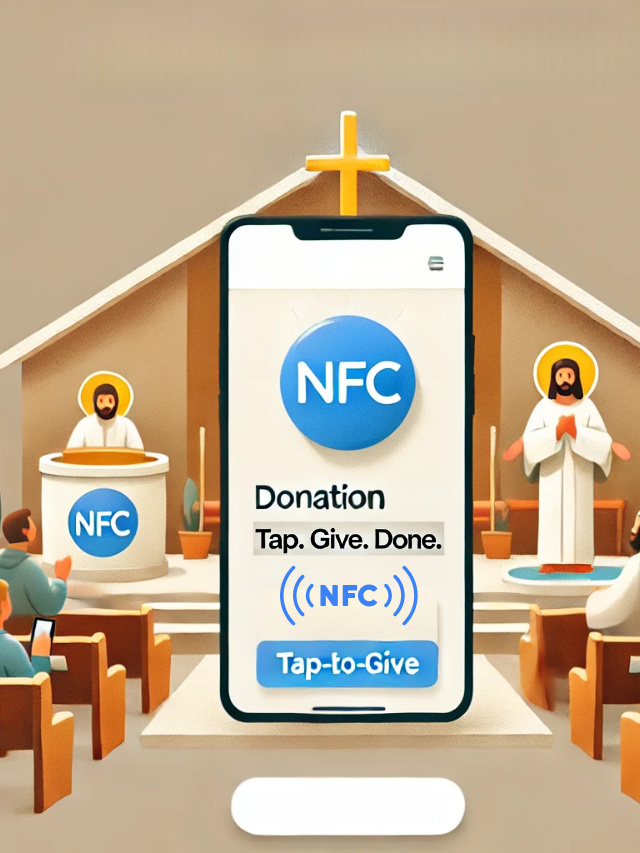Introduction
A faith-based charity (FBC) is an association of people following a particular faith which endures the social values curtained under the particular faith. It may or may not be a congregation faith, making these organizations socially inclusive. Such organizations have been working largely on grass-root as well as international level. Such institutions mainly work through crowdfunding or member donations but are also eligible for government and non-government grants.
Today, these organizations are widely recognized. In 2015, the Development Dialogue on Values and Ethics (DDVE) under the World Bank, created a comprehensive directory of major Faith-Based organizations from all across the world working towards the development of ethics.
Capacities of Faith Based Charities
Faith Based Charities are more diverse and numerous than it is commonly known. Current public scenario often assumes these organizations are just local worship communities or congregations. Whereas, there are many other types of charities that are faith-based such as NGOs or social service wings of NGOs including the nationwide networks of such organizations. Another useful typology are free standing religious organizations which are separate incorporations of congregations but have a religious basis.
Focusing on the capacity of work performed by these organizations, it could be stated that the range of their activities is enormous. Broadly, they conduct human services and health-related programmes. The most frequently offered human services are youth programs, housing and clothing provisions, marriage or family counseling, meal services and food kitchens.
Since they possibly became a part of the public domain, these organizations have survived the toll of time and undergone evolution. Though their basis has remained the same, yet they have incorporated technological measures to improve financial sustainability. Over the years, donors sought for more ways to give and charities wanted easier ways to manage these donations. Thus we came up with the idea of donor management software, that is Givecentral.org. We help charities consolidate operations over one key-platform that helps enhance donor relations as well as streamline accounting and record management.
Challenges faced by Faith Based Charities
Nature of Governments
Donors support faith-based organizations that suffice their religious beliefs. However, in today’s world, secularization has taken the form of relegating religion from one’s private life. As many of the students in such organizations were indulging in acts of terrorism, governments preaching secularism have provided them financial assistance to secularize their curriculums. However, FBCs are reluctant to accept government funding in a fear of harm to their reputation in the local community for piety and religious training.
Moreover, The biased nature of a government is what might restrict the operations of a Faith Based Charity. Herein lies the problem with government-assisted, faith-based charity. If the government provides funding to the thousands of faith-based institutions but, demands in return that those institutions give up their unique religious activities, then not only the effectiveness of these institutions but possibly their very reason for existence may be lost.
Regionalised Organisations
Faith Based Charities have long been looked upon as organizations that would assist in community development. However, there exist only a small fraction of these who are currently well-positioned to become community development agents. Many, rather most, are located in poor neighborhoods and only have credibility in their area. Many such organizations end with the exhaustion of interest or financial support both of which are very necessary for sustainability. What such charities could do is that they could engage in youth training programs and help themselves through donor management software which would help them increase support and serve efficiently.
Legitimisation
While legitimacy is of paramount importance in running a Faith-based charity, activists often ignore the difference it makes. The various benefits of funding as well as promotional capabilities that come with registration of such non-profit organizations greatly assist their operations. Many donor management software assist FBCs in bringing a positive change to this world. But their credibility is what needs to be enhanced through the legitimation process. For instance, these organisations need to be registered and must come under the law of the region they belong to. This regularises their working as well as recreates their integrity.
charity donor management software fundraising Fundraising for Nonprofits
Last modified: March 1, 2025





















